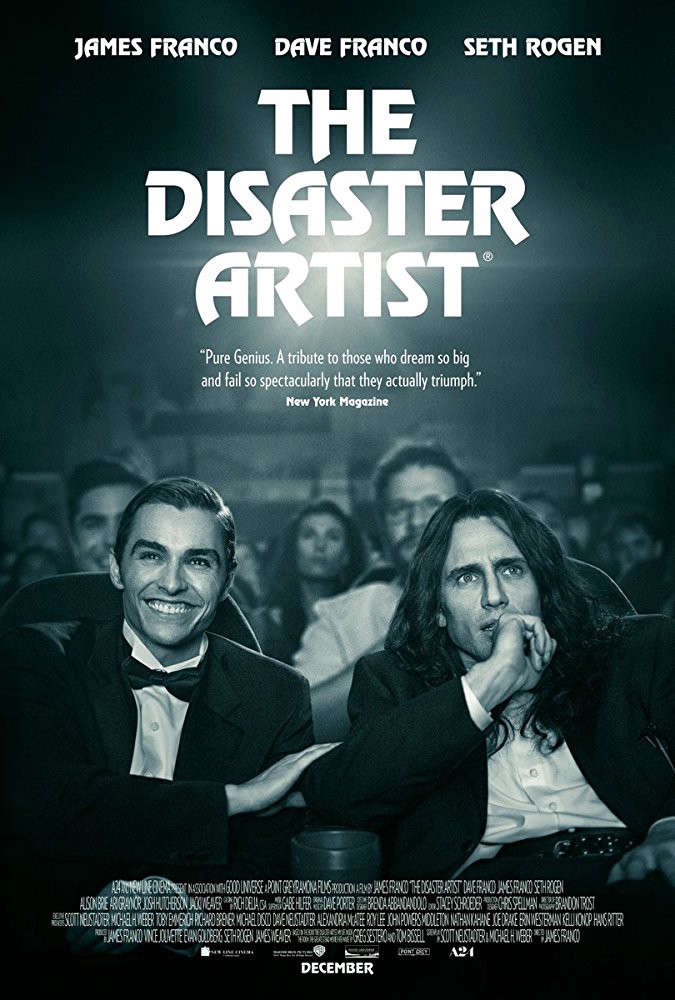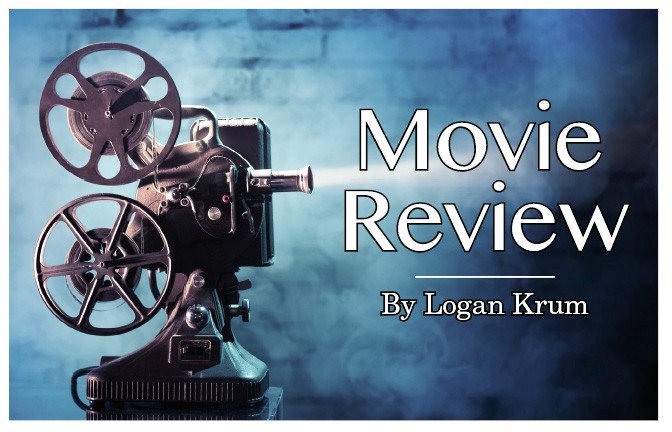Directed by and starring James Franco, The Disaster Artist explores the making of one of the most notorious cult films ever created.

In 2003, arguably the worst movie ever created was released.
Living enigma Tommy Wiseau released his directorial debut The Room, a film so notoriously strange and off-putting it eventually became a cult classic.
After a small release where it was critically lambasted, the film re-entered theaters and continually filled seats with audiences ready to celebrate its odd but resilient experience.
The Disaster Artist, which will be widely released to theaters Dec. 8, attempts to decode some of the mysteries behind the making of that film. James Franco directs, produces and stars as Wiseau in a story of what went on behind the scenes that (somewhat) explains how the cult film turned out how it did.
Ultimately, many mysteries remain unanswered about Wiseau, perhaps for the best. To those who have never seen this movie, it goes beyond bad acting, writing, directing and cinematography — every line is delivered with an awkward delay or rush, and scenes are stringed together with no clear narrative. It operates on its own logic isolated from anything resembling reality.
Most of that movie’s eccentricity comes from Wiseau himself. The man is very secretive — when he first met his filming partner Greg Sestero (who starred in The Room and wrote the tell-all book Disaster Artist is based on), he wouldn’t dispense his age, where he came from, or how he obtained millions of dollars to independently finance the film. (The Room ended up costing an estimated $6 million, all of which came directly from Wiseau’s pocket).
The Disaster Artist opens in a theater class, where this version of Sestero (played by Franco’s brother, Dave Franco) is wowed by Wiseau’s performance. They connect over a game of football, one of Wiseau’s favorite pastimes, and Wiseau convinces him to move to Los Angeles to jumpstart their careers. (Remember, Wiseau is a few decades older than him, though he claims they’re the same age.)
And so the unlikely duo becomes roommates. After being rejected for multiple roles, Wiseau decides to take his aspiring career into his own hands, writing the script for The Room and self-declaring it a masterpiece.
Wiseau’s long greasy hair and accent of unknown origin (he grew up in New Orleans, but sounds like someone from Mars) make him a subject worth studying even apart from his film.
James Franco approaches playing him with needlepoint precision. When scenes from The Disaster Artist cast are played side-by-side with clips from the original during the film’s credits, Franco is remarkably in sync with Wiseau’s delivery.
Franco’s role is a complicated one. His task is to give a tour de force performance of someone else failing to give a tour de force performance. And he absolutely nails it. Roles like this aren’t typically recognized in year-end awards, but Franco’s turn here might prove to be irresistible in the awards circuit.
The Disaster Artist can stand on its own merit as an excellent comedy film, though viewing The Room certainly enhances the experience. Its ensemble cast includes Seth Rogen, Zac Efron, Jacki Weaver, Alison Brie, Josh Hutcherson and Nathan Fielder recreating infamous scenes from the films with surprising accuracy to the source material.
But the comedy’s true strength is its treatment of Wiseau. It would have been easy for Scott Neustadter and Michael H. Weber’s screenplay to take the route of demonizing him for his oddness — the movie itself points that out when a casting director calls him malevolent, saying he could only play villains.
But instead, Franco endears the larger-than-life personality. For all its quirks, it could be easy to forget The Room was the result of a passionate man working toward his dream. Franco inhabits Wiseau’s odd exterior and soft interior with care. The Disaster Artist is a passion project about a passion project.
And even if The Room wasn’t celebrated in the way he wanted, Wiseau undeniably left his mark on audiences with his film. Here it is, being celebrated and recreated 14 years later. It’s helped create not one, but two, memorable cinematic experiences. ••





